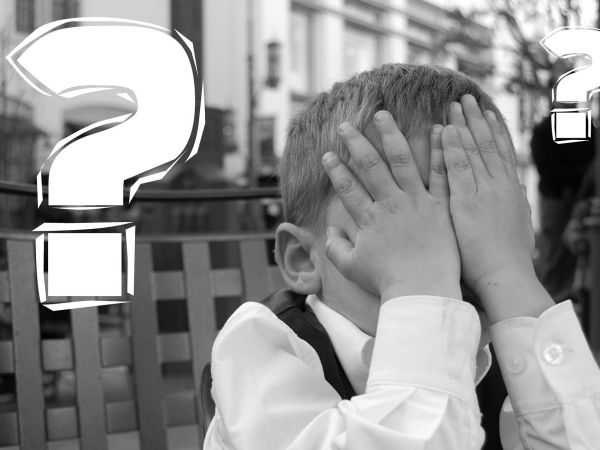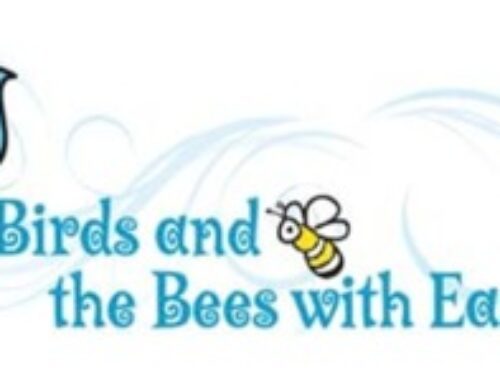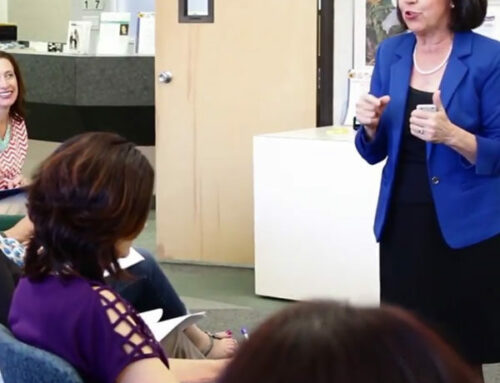
Embarrassment shouldn’t get in the way of education
Talking to Young Children About Sex.
Do I have to…why so early???
When should I start talking to my daughter about menstruation? How much information should I provide my preschooler about conception, growth, and the birth of a new sibling? Why does my son, seem to think he knows so much about “the birds and the bees” and he’s only 8 years old? The family-rated television show was loaded with sexual innuendos. Should I have insisted that they turn it off? How carefully should I monitor my child’s entertainment in the future and on the internet?
These are just a few of the common concerns that we parents face as our children interact with a culture that bombards them with sexual messages. Understanding the broader dimension of sexuality, and the role that family friends school, and media play in influencing children’s view of themselves as sexual beings are essential for charting a safe, smooth course through the potential minefield between childhood and adult sexual identity. Many parents wait to address sexual issues until their child enters puberty. Obviously, body changes in the youngster force some parents to develop “The Talk.” Others hope the school will do but they don’t want to do and are relieved when their child returns home with selection pamphlets handed out during a lecture on sex education. Moreover, most parents have not had much education in the field of human sexuality themselves. They may have vague memories of awkward speeches by one or the other of their parents, the book on human sexuality tucked in the back of the bookcase, or the week devoted to reproduction in health class. Given the set of circumstances, it is understandable that parents are often put off educating their own offspring. Many also believe that if they don’t talk about sex the children won’t understand won’t be interested or tempted but waiting on to puberty to approach the topic of sexuality is in what on wise sexuality is an important part of our children’s lives from the moment they are born and plays an important role throughout their entire lives providing children with the information that allows them to make informed choices and be the architects of their own lives is the essence of parent
Talking about sexuality requires the same communication skills that contribute to all healthy relationships between parent and child. If parents can cultivate open dialogues with the young children as they explore the topic of sexuality together this same open this will allow parents to offer advice and guidance is the youngsters approach teenagers however if parents do not begin the process early the subject of sexuality will feel less natural for both parents in the children and everyone involved may be uncomfortable with this new intimacy and with the sheer magnitude of the issues that must be dealt with in a hurry but keep in mind starting late is far better than never started at all.
As a pediatrician and mother of three children, I too have struggled with communicating how to with the various versions of “the birds and the bees” and the many dimensions of sexuality. The challenge has been difficult. This led me to volunteer at my daughter’s health education class in her Elementary School. I faced many hurdles while preparing to teach such an important class. Perhaps the greatest challenge was broadening my own perspective of sexuality. The topic is much more comprehensive than it appears at first glance. Sexuality includes not only the nuts and bolts of human reproduction but encompasses relationships, values, and many life skills as well.
As I taught the health class, I was struck by the student’s reluctance to use their family members as resources. Comments such as “ I’m too embarrassed to speak to my mom to ask about this” were common, yet these young girls were willing to come up to a stranger for answers. There was a chasm between mothers and daughters, between parents and their children. I sense a need to unite family members in the educative process. This urge leads to my establishing a community class for mothers and daughters, during which we review the normal physical and emotional changes in puberty. I discovered that mothers are delighted in the opportunity to review the basic physiology of their daughter’s bodily changes and we’re eager to share their concerns with other mothers about the emotional turmoil they experience with their maturing daughters. Similarly, girls in the class had an opportunity to participate with their mothers forming a bond, a bridge of communication, during an interactive, educational process. For some families, this class was a start. Although it’s best not to wait until puberty, there is certainly a window of opportunity during these pre-pubertal years to open the door of communication about sexuality and to share your values with your children. Imagine classes where fathers and sons could share similarly or why not a class with both parents attended with their children
During the course of the past years, I have asked parents to share their thoughts and feelings with me about the topic of sexuality, as their daughters and sons enter puberty. Most of them had heartfelt thoughts to express are they completed the following sentence: “The one message I would like my preteen to know about sexuality and growing up is… Some of the responses follow.
- “In spite of the discomfort, embarrassments, confusion, conflicting feelings, and mood swings that accompany puberty, it is truly wonderful to grow into womanhood. I hope that being female, expressing yourself as a sexual being, and having the potential to bear children will make you as happy as it has made me.”
- “Sexuality is essentially who you are. It is your whole person and it continually develops over a lifetime.”
- “Dad and I love you so much, that you can always come to us. You are the most important person in our lives and we will always answer your questions.”
- “The act of sexual intercourse and or sexual image intimacy is best shared by two loving adults in a mature committed relationship, and, when experienced this way, it is a wonderful and cherished time.”
- “If you choose to become a husband and father I hope that you will enjoy those occupations as much as I have and will remember that you and your wife are a parenting team made up of two loving people who should always work in the best interest of closes family relationship.”
My hope is that this information on my website will provide parents with a blueprint that will help them address the topic of sexuality with the children at the different levels of development from preschool age to the preteen years.
Presenting information in incremental steps to open communication and dialogue should help parents and the children build inform, trusting, healthy relationships. By proactively addressing the common issues confronting children and their sexuality, you and your young children will have built the foundation necessary for the development into healthy sexually responsible adults. This accomplishment is the reward of choosing to take active roles in your children’s sexual education.
Allow me to help you along the way. For more information visit our website www.healthychats.com and request a copy of my free ebook “The Birds and the Bees with Ease!” I hope to see you there. We can do this.




